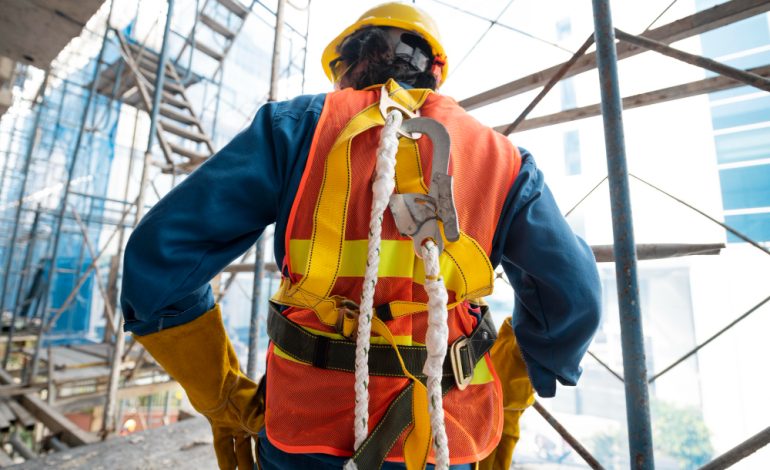
FALL PROTECTION: BEST PRACTICES FOR ENSURING WORKER SAFETY
Fall protection is one of the biggest challenges in workplace safety. Elevated operations, including work on roofs, scaffolding, and high structures, expose workers to significant hazards. According to statistics, falls from heights are a leading cause of serious and fatal injuries in construction sites.
Risk Assessment
The first step in preventing falls from heights is a comprehensive risk assessment. Companies must identify specific hazards related to the task at hand and implement measures to minimize risks. Italian legislation, particularly D.Lgs. 81/08, mandates the obligation to assess and prevent risks associated with working at heights.
Personal Protective Equipment (PPE)
The use of proper PPE is essential. This includes harnesses, helmets, and safety belts, which are crucial to protecting workers in the event of a fall. However, simply using PPE is not enough. Workers must be adequately trained on the correct use of these tools.
Anchoring Systems
Another crucial element is the installation of secure anchoring systems. These systems must be designed and tested to withstand the stresses of a fall. Proper placement of anchors, combined with the use of horizontal or vertical lifelines, significantly reduces the risk of accidents.
Training and Education
Ongoing training is an often overlooked aspect. Workers need to be informed about the specific risks of working at heights and trained on how to respond in case of emergency. In addition to training, practical simulations can help workers understand the importance of safety measures.
PPE Maintenance and Inspection
To ensure maximum effectiveness, PPE must be inspected regularly. Harnesses and anchors should be checked periodically to ensure they show no signs of wear or damage that could compromise their effectiveness.
Conclusion
Preventing falls from heights requires an integrated approach, which includes accurate risk assessment, the use of appropriate PPE, worker training, and regular maintenance of protection systems. Only by implementing these measures can companies ensure the safety of workers during elevated operations.
